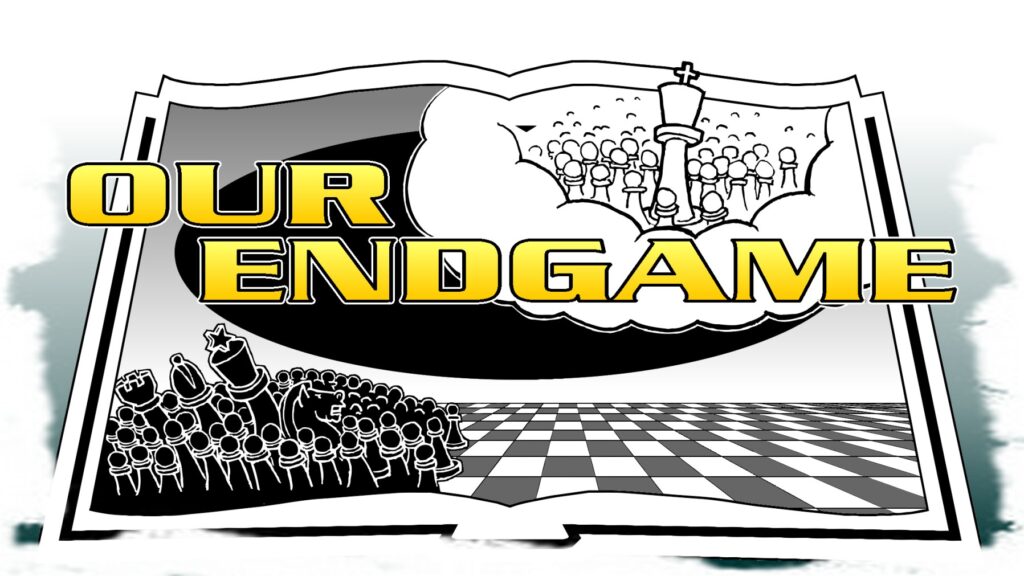Often when someone throws a rock at a dog, rather than rushing at the person who threw the stone, the dog will run and bite the stone. We do the same thing. The tempter uses someone else to tempt us, either in word or deed, and, rather than deal with the tempter, who threw the stone, we bite the rock, our fellow man that the hater of the good used against us.
— St. Amphilochios of Patmos
There are times when we can do all that a fellow may need, if only he will trust us. In getting a dog out of a trap, in extracting a thorn from a child’s finger, in teaching a boy to swim or rescuing one who can’t, in getting a frightened beginner over a nasty place on a mountain … the fatal obstacle may be their distrust. We are asking them to trust us in the teeth of their sense, their imagination, and their intelligence.
We ask them to believe that what is painful will relieve their pain and that what looks dangerous is their only safety. We ask them to accept apparent impossibilities: that moving the paw farther back into the trap is the way to get it out; that hurting the finger more will stop the finger hurting; that water which is obviously permeable will resist and support the body; that holding onto the only support within reach is not the way to avoid sinking; that to go higher and onto a more exposed ledge is the way not to fall.
To support all these incredibilia we can rely only on the other party’s confidence in us—a confidence certainly not based on demonstration, admittedly shot through with emotion, and perhaps, if we are strangers, resting on nothing but such assurance as the look of our face and the tone of our voice can supply, or even, for the dog, on our smell.
Sometimes, because of their unbelief, we can do no mighty works. But if we succeed, we do so because they have maintained their faith in us against apparently contrary evidence. No one blames us for demanding such faith. No one blames them for giving it.
— C.S. Lewis (The World’s Last Night)
The reality of God’s pure and perfect love is often lost to us unless it comes through another person, no matter how imperfect that medium of His love may be.
— Valentinus

Leave a Reply